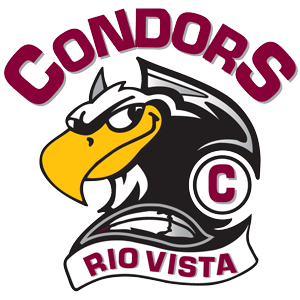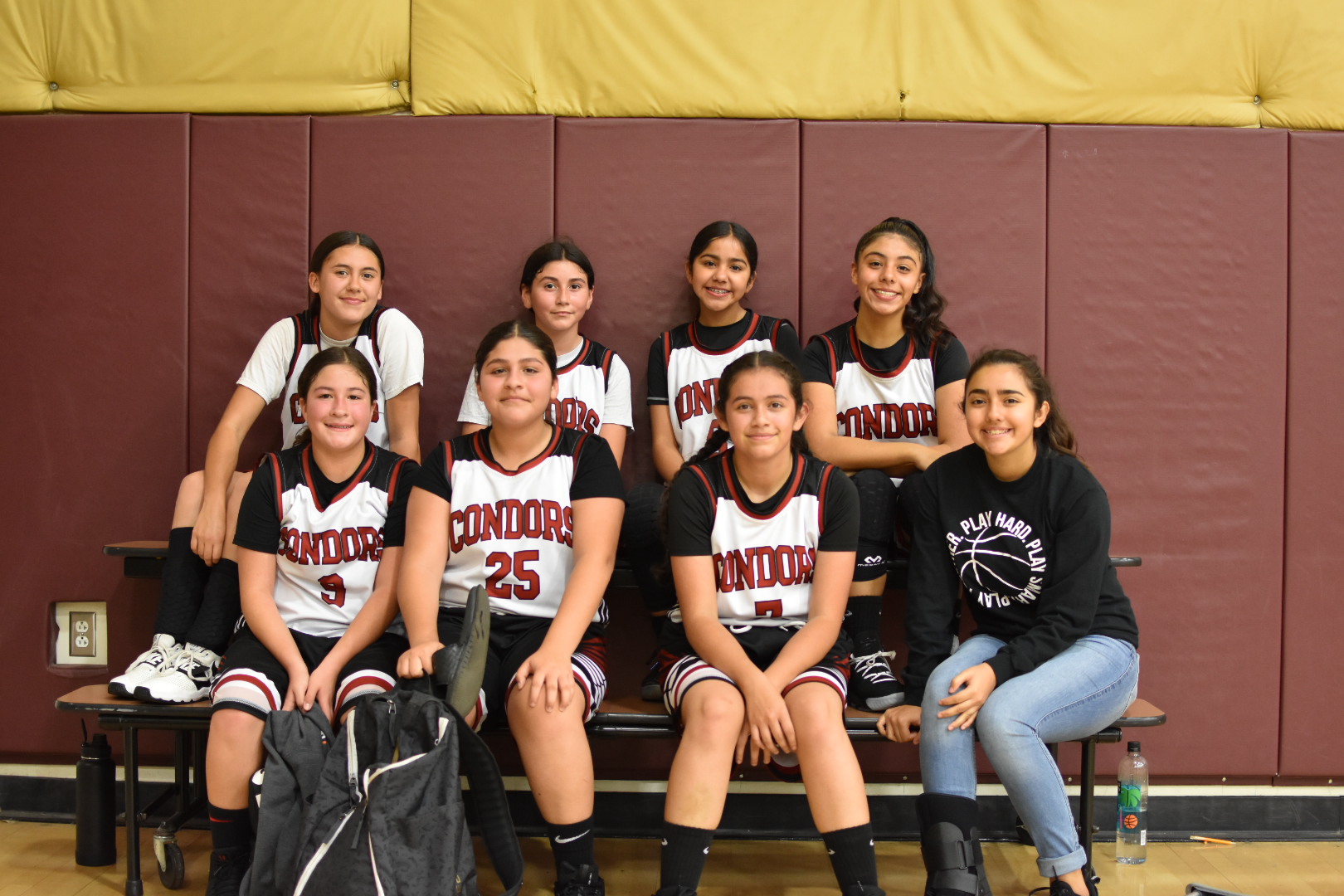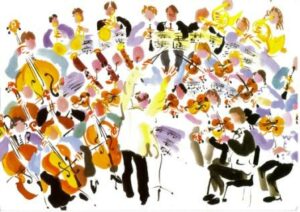The Common Core State Standards for English Language Arts & Literacy in History/Social Studies, Science, and Technical Subjects (“the standards”) represent the next generation of K–12 standards designed to prepare all students for success in college, career, and life by the time they graduate from high school.
The Common Core asks students to read stories and literature, as well as more complex texts that provide facts and background knowledge in areas such as science and social studies. Students will be challenged and asked questions that push them to refer back to what they’ve read. This stresses critical-thinking, problem-solving, and analytical skills that are required for success in college, career, and life.
The standards establish guidelines for English language arts (ELA) as well as for literacy in history/social studies, science, and technical subjects. Because students must learn to read, write, speak, listen, and use language effectively in a variety of content areas, the standards promote the literacy skills and concepts required for college and career readiness in multiple disciplines.
The College and Career Readiness Anchor Standards form the backbone of the ELA/literacy standards by articulating core knowledge and skills, while grade-specific standards provide additional specificity. Beginning in grade 6, the literacy standards allow teachers of ELA, history/social studies, science, and technical subjects to use their content area expertise to help students meet the particular challenges of reading, writing, speaking, listening, and language in their respective fields.
It is important to note that the grade 6–12 literacy standards in history/social studies, science, and technical subjects are meant to supplement content standards in those areas, not replace them. States determine how to incorporate these standards into their existing standards for those subjects or adopt them as content area literacy standards.
The skills and knowledge captured in the ELA/literacy standards are designed to prepare students for life outside the classroom. They include critical-thinking skills and the ability to closely and attentively read texts in a way that will help them understand and enjoy complex works of literature. Students will learn to use cogent reasoning and evidence collection skills that are essential for success in college, career, and life. The standards also lay out a vision of what it means to be a literate person who is prepared for success in the 21st century.













